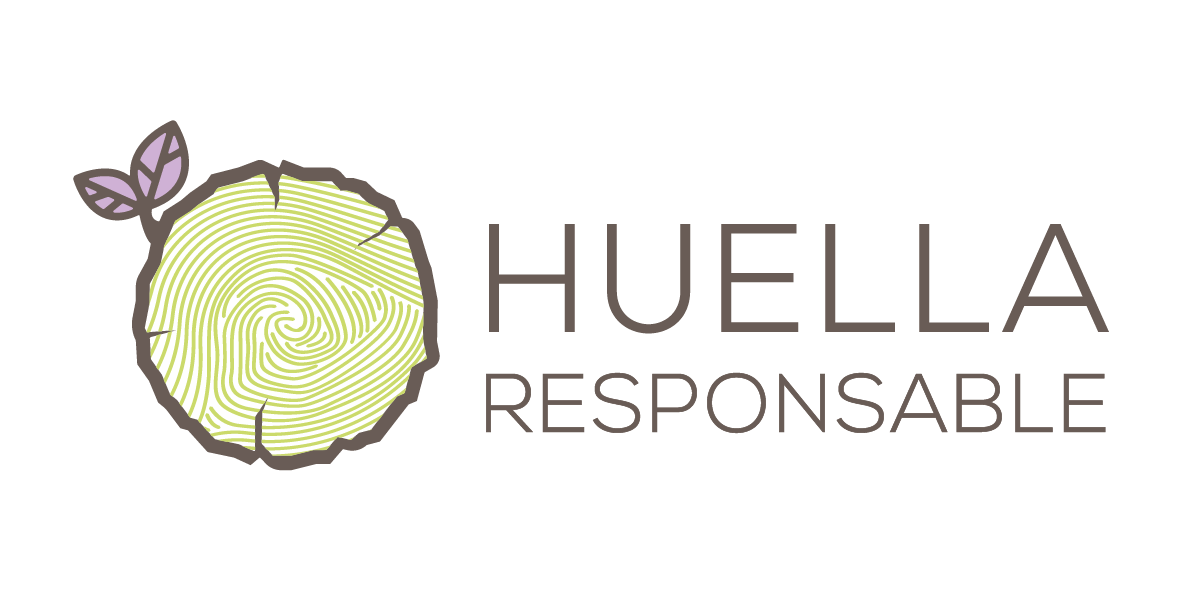Responsible Footprint
Huella Responsable’s headquarters are located in a municipality in the Sierra de Guadarrama, and this is no coincidence. Its founder, Sonia Gómez, discovered years ago the value that nature had for her personal development and health, as well as the importance of living according to your principles and values. These values changed as I came to understand and deepen my understanding of the fundamentals of sustainability. He left the center of Madrid and after a stage in Bustarviejo (a municipality of 2,400 inhabitants in the Sierra Norte de Madrid), he settled in Guadarrama. She currently combines her work in Huella Responsable with her other project, El Jardín de Gaia, a training farm in regenerative agriculture and entrepreneurship in rural areas.


"Therefore, it is important to devote efforts to raise awareness among the urban population that the problem of depopulation is a problem for everyone, not just the people who live in the villages."
Responsible Footprint
The depopulation of rural areas:
UN forecasts suggest that by 2050 two out of three people will live in cities or urban centers (The World Cities in 2018, UN). With an ever-increasing population, the world is becoming more urban and less rural. Overcrowding the cities means neglecting the villages which, beyond the devastating consequences of the depopulation of the rural world, has a serious impact on the sources of supply of the population and on the conservation of the natural environment. Very serious problems that are of “all people” not only of the rural population.
Territorial polarization is one of the major trends characterizing globalization in the 21st century. The causes of depopulation are structural and are associated with the dynamics of globalization, which has brought very different benefits to the different territories within each country, causing divergences in productivity and innovation that in turn have generated geographic disparities in income and personal wellbeing. Thus, while cities take advantage of agglomeration economies, generating virtuous dynamics of productivity, employment and economic gains, small municipalities and rural areas suffer situations of stagnation and decline that negatively affect the lives of their inhabitants.
The growing economic, social and environmental decline of many Spanish rural municipalities has highlighted the urgent need for a response from public administrations to the growing gap between the countryside and the city and for a change in the focus of Spanish rural policy, leaving behind the essentially agrarian model and shifting to a territorial and integrated approach.
Huella Responsable, from its knowledge, proximity and appreciation to the rural environment, has developed a line of work dedicated to to promote the economic, social and environmental progress of rural municipalities at risk of depopulation in order to contribute to mitigate this serious problem that affects all Spaniards.
Our purpose is to collaborate with the Councils and Town Councils of rural municipalities in the design and implementation of their sustainable rural development plans, promoting a participatory territorial approach that recognizes rural inhabitants as managers and actors of their own development. And we want to do so by highlighting all that the rural environment can contribute to the well-being of the population as a whole (with its natural resource base) and to the new economic and social model based on the principles of the 2030 Agenda. In order to meet the great global challenges, it is essential to build solutions from the levels of the Administration closest to the citizens, that is, from the Local Entities (municipalities and county councils).

Our Projection
“Huella Responsable’s work focuses on driving the local implementation of the Sustainable Development Goals of the 2030 Agenda in rural municipalities at risk of depopulation.”
